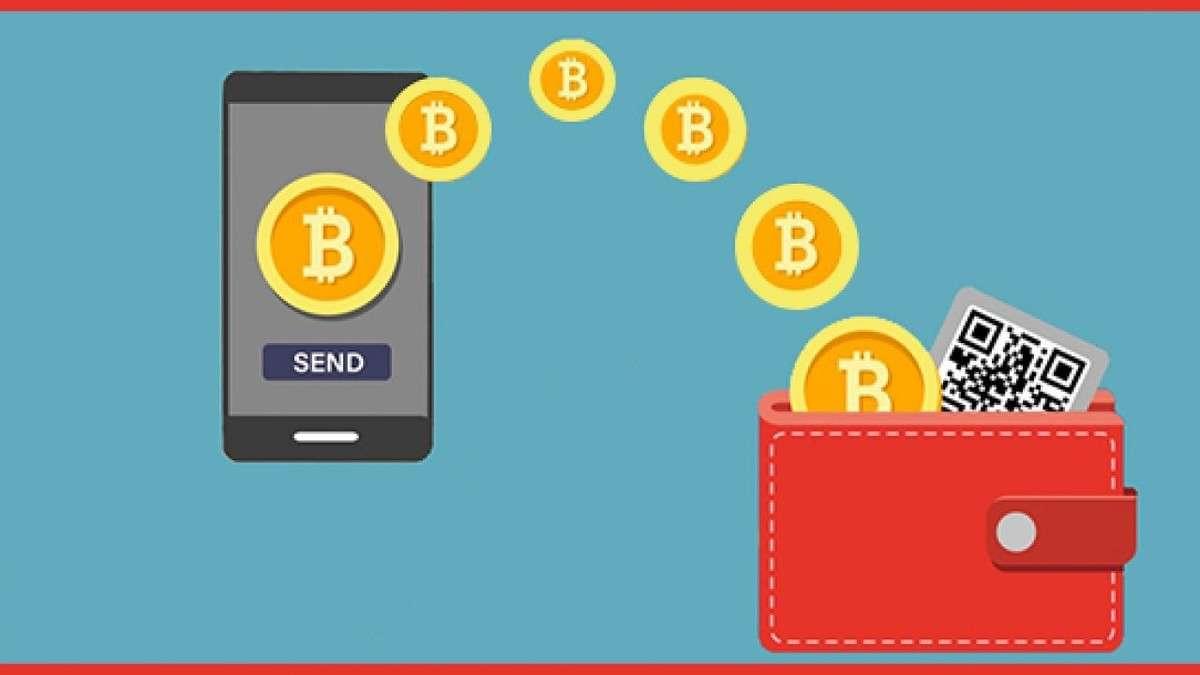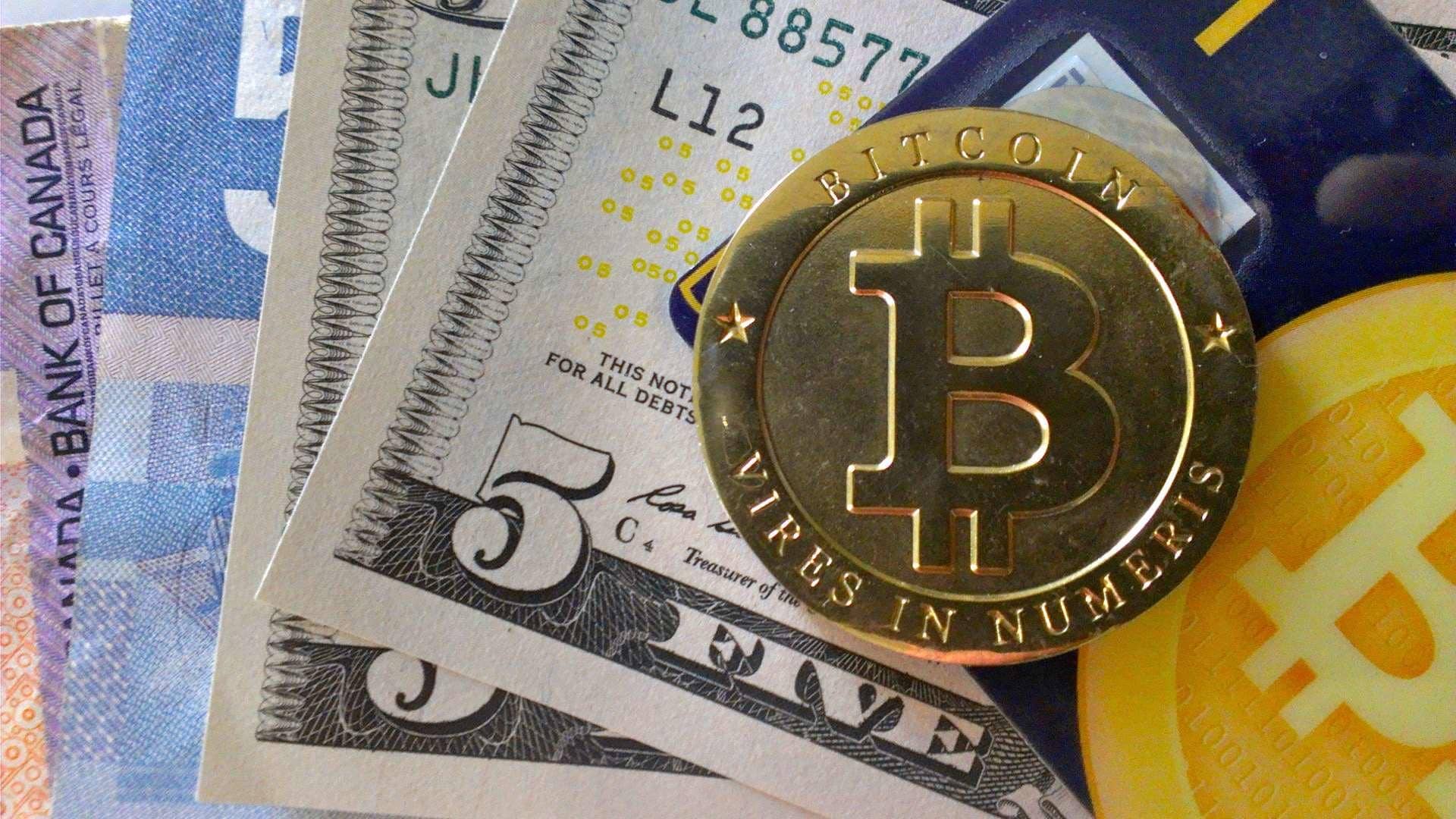Content
However, by using a hardware wallet, you are in complete ownership of your own private keys and funds. In this blog, we’ll look at how hardware wallets can benefit holders of cryptocurrencies like Cardano ada. Suitable for small amounts – Hot wallets are ideal for storing small amounts of cryptocurrencies that you frequently use for daily transactions or trading.

Hardware wallets are physical devices used to store cryptocurrency and other blockchain assets securely. Hardware wallets, also known as “cold wallets” or “cold storage wallets,” are physical devices. Your private key for accessing your cryptocurrency on a blockchain is stored on this device. There are different types of crypto wallets available, including mobile apps and wallets that look like USB sticks.
World’s 1st and only real physical bitcoin
Hardware wallets share features of both hot and cold wallets. When a USB flash drive is not connected to the internet, a hardware hardware crypto wallet wallet is considered a cold wallet. Once that USB gets plugged into an internet-connected computer, it becomes a hot wallet.
They store your private keys on your local hard drive or an encrypted file, providing easy access while your computer is online. However, they can be vulnerable to malware or hacking if your computer’s security is compromised. Exodus is a well-known desktop wallet that offers a user-friendly interface and supports a wide range of crypto.
Ledger Nano X
At no point in this process does a user’s private key leave the hardware wallet. Typical paper-based wallets, for which you print your public key and private key on a piece of paper and keep it in a secure place. It is very similar to the process of sending or receiving money through https://xcritical.com/ PayPal or any other gateway used today, but you use cryptocurrency instead. Examples of blockchain wallets include Electrum, Blockchain.info, Jaxx, Mycelium, Samurai, and Bitcoin paper wallet. There are many more based on the needs you have and the security you require.
When you authorize a transaction on a crypto network or wallet-enabled website, the validators hash your public key to determine your address. This tells them which account is supposed to be performing the transaction. When you authorize a transaction using your wallet, you send a copy of your public key to the website or network validator. The validator then tries to decrypt your signature using your public key. If it succeeds, this proves that you are the person who created this particular crypto account.
Simple cryptocurrency wallet
This makes hardware wallets more secure than software wallets, as hackers primarily try to access private keys and accounts that are stored online. Hot wallets are riskier compared to cold wallets because they are constantly online. This connection makes them more susceptible to hacking, malware, and crypto phishing attacks. However, if you take the necessary security precautions and only store small amounts of cryptocurrencies for frequent transactions, hot wallets are still a good choice.

When you purchase a coin, you’ll have to input your public key as the address for where the digital asset is sent. A hot wallet could be targeted by malicious hackers, while a physical wallet could be misplaced and cause you to lose access to your digital assets. Physical wallets are also more expensive as most hot wallets are free. Your crypto isn’t actually stored on the wallet, however, but rather your keys to access the coins which are stored on the blockchain.
Cryptocurrency Wallet
Encrypted flash drive — Offline flash drives can be used to store your recovery phrase. Because some of the most secure wallets on the market don’t cost more than $100. These keys, which encrypt and decrypt blockchain transactions, are composed of numerous lines of digits. If you are not familiar with blockchain and wallets, it’s recommended to go through Online Degree in Cryptocurrency or blockchain training.
- With a non-custodial wallet, your cryptocurrencies can be accessed using a private key that’s in your control.
- We recommend noncustodial wallets for long-term cryptocurrency users and investors.
- To explain, the public key is essentially the blockchain address you would share, allowing others to send crypto to you.
- You can keep the bulk of your crypto completely safe in a cold wallet; when you want to interact on Web3, simply move the crypto you require into an active Web3 wallet.
Paper wallets are printed out on paper and are now unreliable and obsolete. Noncustodial wallets are crypto wallets where the custody is held by the individual who has the private keys for the crypto assets on the blockchain and is responsible for securing them. Noncustodial wallets include paper wallets, as well software wallets, that are managed by users.
How to Choose the Right Wallet
We are thrilled to announce that from today we will be an active force in the growth of the Pocket Network community. We will do so by making blockchain infrastructure more accessible, and by providing ongoing support to any developer wanting to engage with the ecosystem. The device is also equipped with a MicroSD card slot, which can be used for additional security measures such as encrypting your PIN code. Blockchain Council is an authoritative group of subject experts and enthusiasts who evangelize blockchain research and development, use cases and products and knowledge for a better world. Blockchain Council creates an environment and raises awareness among businesses, enterprises, developers, and society by educating them in the Blockchain space.
What Crypto Wallet Is Right For Me?
If you’re using a computer regularly, you might want to look at hardware and desktop wallets. For those who need to be more mobile, smartphone apps and browser-based wallets might be more suitable. Mbers that can be shared with a third party, such as a cryptocurrency exchange, without compromising the security of your wallet.